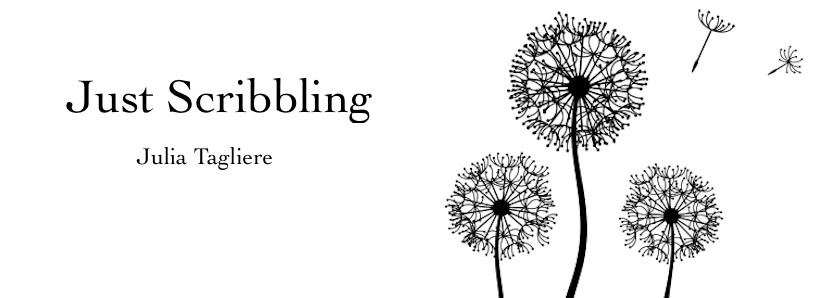 “You can’t judge a book by its cover.” We’ve all heard that expression, but unfortunately, for e-books, the cover may be as far as some potential readers ever get. If you can’t hook them with that, you may not have a chance to hook them at all.
“You can’t judge a book by its cover.” We’ve all heard that expression, but unfortunately, for e-books, the cover may be as far as some potential readers ever get. If you can’t hook them with that, you may not have a chance to hook them at all.
I’m as guilty as the next reader. Over the holidays, I had a bounty of unexpected reading time. But when I scanned the covers on Amazon , nothing new caught my eye; I wound up rereading Gillian Flynn and Stieg Larsson instead. Maybe it was the flu; maybe it was the covers.
I had dandelions in mind for my cover from the very first draft of Widow Woman, when I wrote the following passage:
I realized how much I’d romanticized the concept of scattering Mom’s ashes: I’d envisioned her floating off into the sapphire sky, dissipating on the breeze, like a dandelion gone to seed.
Initially, it just seemed like a beautiful, wistful, sad image, a reminder of how fragile and ephemeral life can be. In a book that deals so much with death, it seemed like a fitting image.
But as the book began to take shape, another purpose for the use of the dandelion image began coalescing in my mind, a purpose I didn’t fully understand or articulate until I was already asking my trusted beta readers for feedback on the initial design.
One of them was blunt.
“Are you sure you want dandelions on your cover? I mean, you do realize they’re weeds, right?”
It was a legitimate question. Why were those stupid weeds calling to me so insistently? There had to be more to this than even I realized, and as I wrestled with a response for my very candid friend, I found I’d had the answer in my heart all along. Here is an excerpt of my actual response to her:
“Re [dandelion cover] concept–yes, dandelions are often thought of as weeds, but being gay has also historically been seen as something pernicious, to be weeded out. [Reading a fascinating book, Flagrant Conduct by Dale Carpenter; the first few chapters are a history of public opinion and the evolution of the law regarding homosexuality in the U.S. and specifically, in Texas. Incredible.]
Yet, for all that weed talk, dandelions are colorful, hardy, fragrant, even make great tea. But even if people are often quick to agree in principle with those assertions, they may still say “Sure, but not in my yard!” I think it’s a pretty good parallel for showing that whether you think something is good or bad, right or wrong, desirable or detested depends very much on where you’re standing. I just want people to start thinking…to plant a seed.”
That was all the response my friend required; dandelions it would be.
Yet even with the decision settled, I couldn’t stop thinking about them: dandelion images and reflections continued to pour into my brain.
How many mothers have received a dandelion bouquet clutched in a child’s plump little hand? Have any roses or orchids or gardenias ever smelled sweeter? And what of the stains the stems left on their tiny fingers—no amount of scrubbing seems to fade them, a days-long reminder of the love between mother and child.
Think of the anger, effort, and expense the battle to rid lawns of dandelions generates each year, the toxic chemicals and specialized dandelion tools that resemble medieval instruments of torture—all to eliminate something that our culture has randomly decided is bad, is wrong.
I don’t want to come off as some sort of hypocrite, so in the case of full disclosure, I confess: I, too, have used some of those chemicals and I’ve used some of those tools to try to get my own lawn to a dandelion-free state, one that conforms to society’s image of a well-kept home.
But—I’ve also tickled my children’s chins with dandelion blooms, just to see the golden glow on their skin. I’ve crawled around my yard with my children, searching for the perfect dandelion gone to seed. We’ve picked them carefully together, with tender care, so as not to disturb a single seed. We’ve squeezed our eyes tight, our faces to the sun, and made wishes as we blew those seeds into the breeze.
Our whimsical afternoons likely cancelled out the effect of any chemicals or tools employed (a fact which I’m sure did not escape our neighbors’ notice). But would I trade those magical moments for a pristine, spotlessly green lawn? Not for anything in the world.
How could something that brings so much beauty and such simple, sweet happiness, even if it’s not considered conventionally beautiful, or right, by our culture at large, be wrong?
As you look at my cover, that is my question, as you read Widow Woman, it is the seed I hope to plant in your mind.
Where do you stand?


